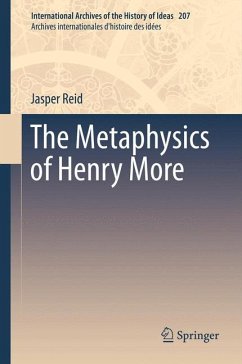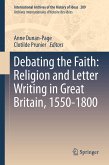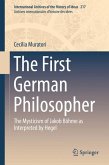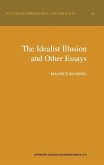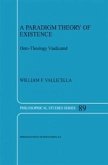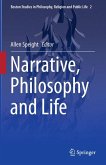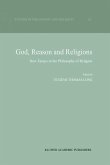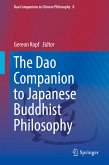From his correspondence with Descartes in the 1640s to his discussions with Isaac Newton in the 1680s, Henry More (1614-1687) was a central figure in seventeenth-century philosophy. Notwithstanding his occasional portrayal as a rather eccentric anachronism, excessively wedded to the Neoplatonism of the past, the fact is that he was involved in some of the most cutting-edge debates of the day, and engaged with most of the giants of that great age of geniuses. The present work takes More seriously as a subtle and systematic early-modern metaphysician. It explores his ideas in relation to those of his contemporaries, both friends and foes, while also taking care not to neglect his Neoplatonic heritage; but it also reveals just how original a thinker he was in his own right. Topics include More's evolving conception of Hyle (or first matter); his account of the physical world, a world of atoms without void; his theory of immaterial extension, and the divine real space that underlay thisworld; his attitude to mechanical explanations in physics, and his preferred theory of the Spirit of Nature; his developing attitude to the notion of living matter; and his views on the life of the human soul, before as well as after its union with the human body.
Dieser Download kann aus rechtlichen Gründen nur mit Rechnungsadresse in A, B, BG, CY, CZ, D, DK, EW, E, FIN, F, GR, HR, H, IRL, I, LT, L, LR, M, NL, PL, P, R, S, SLO, SK ausgeliefert werden.

